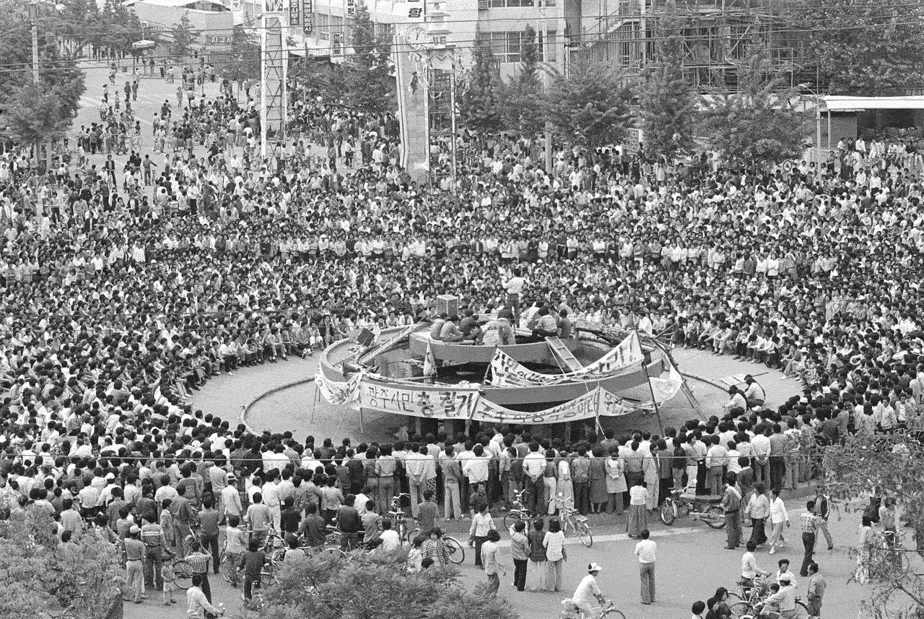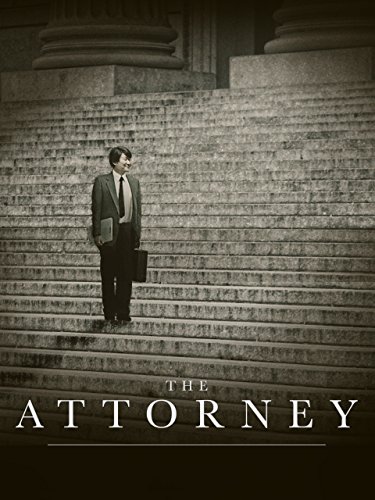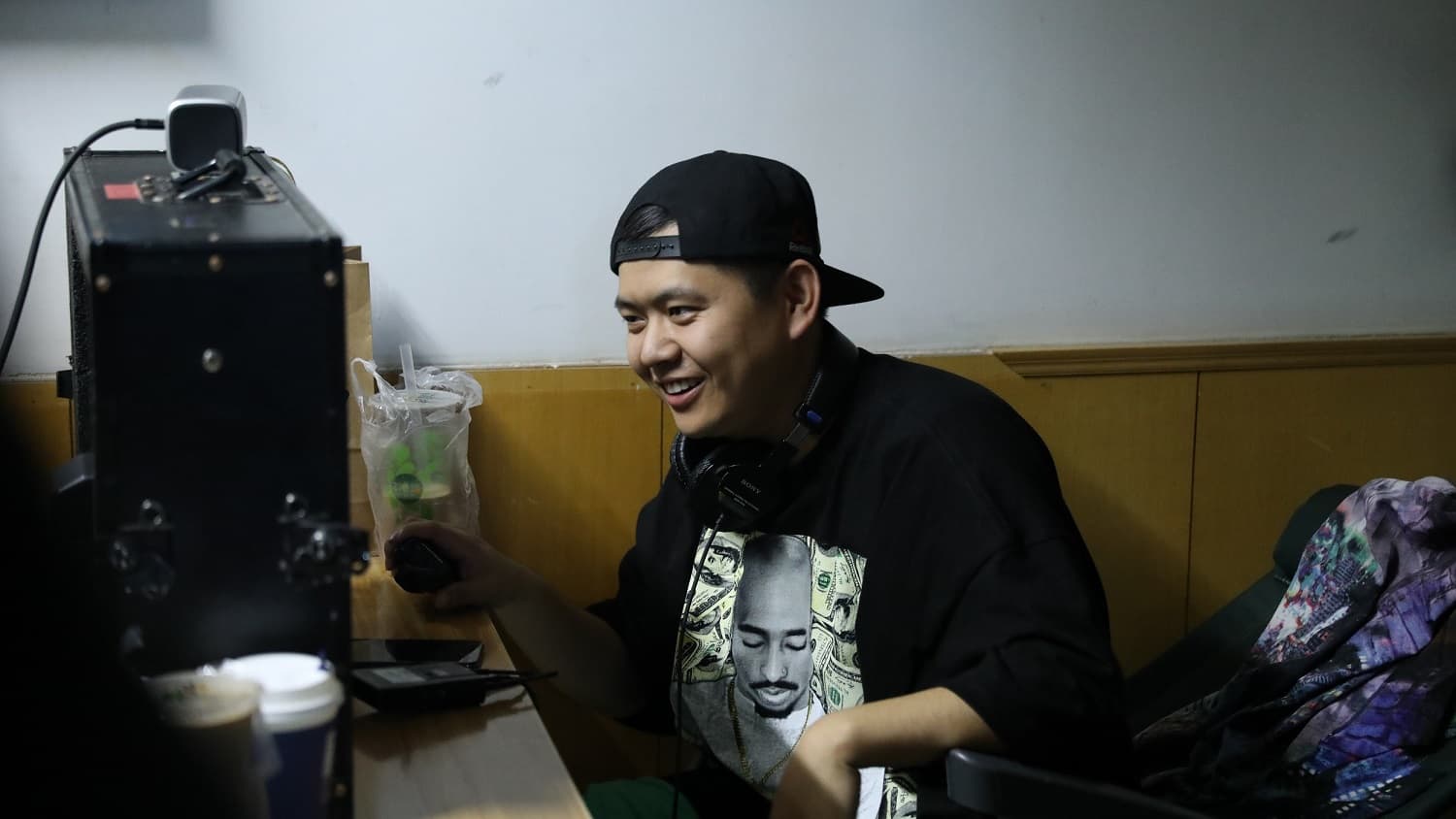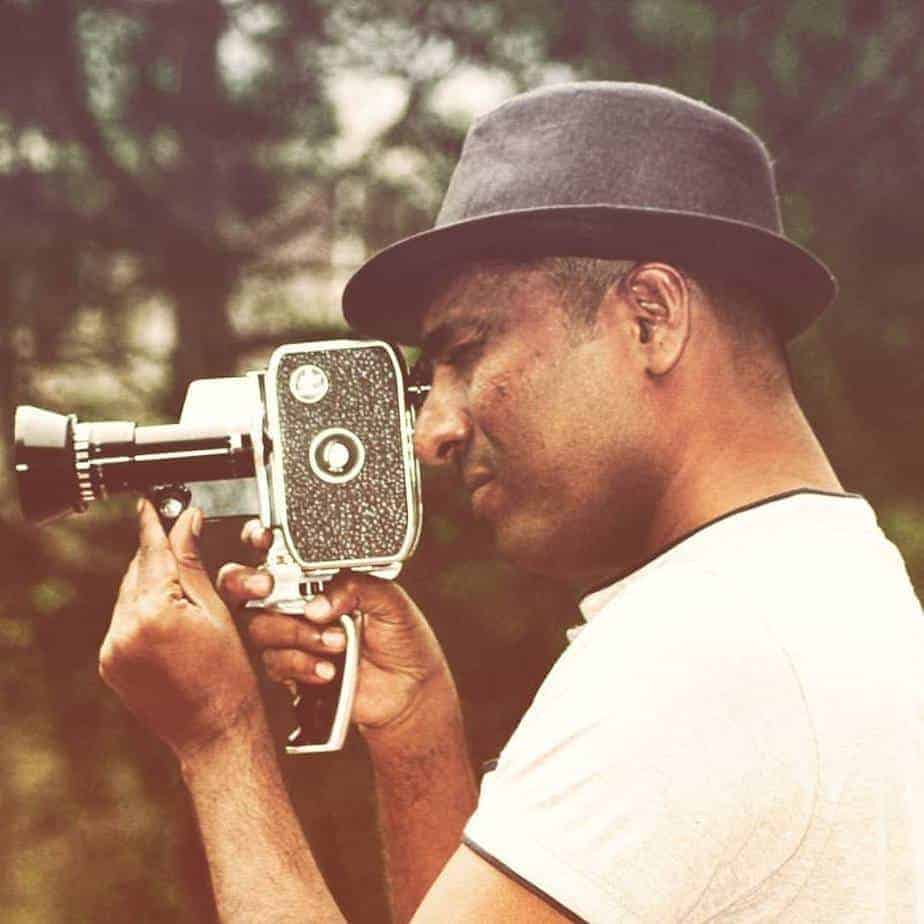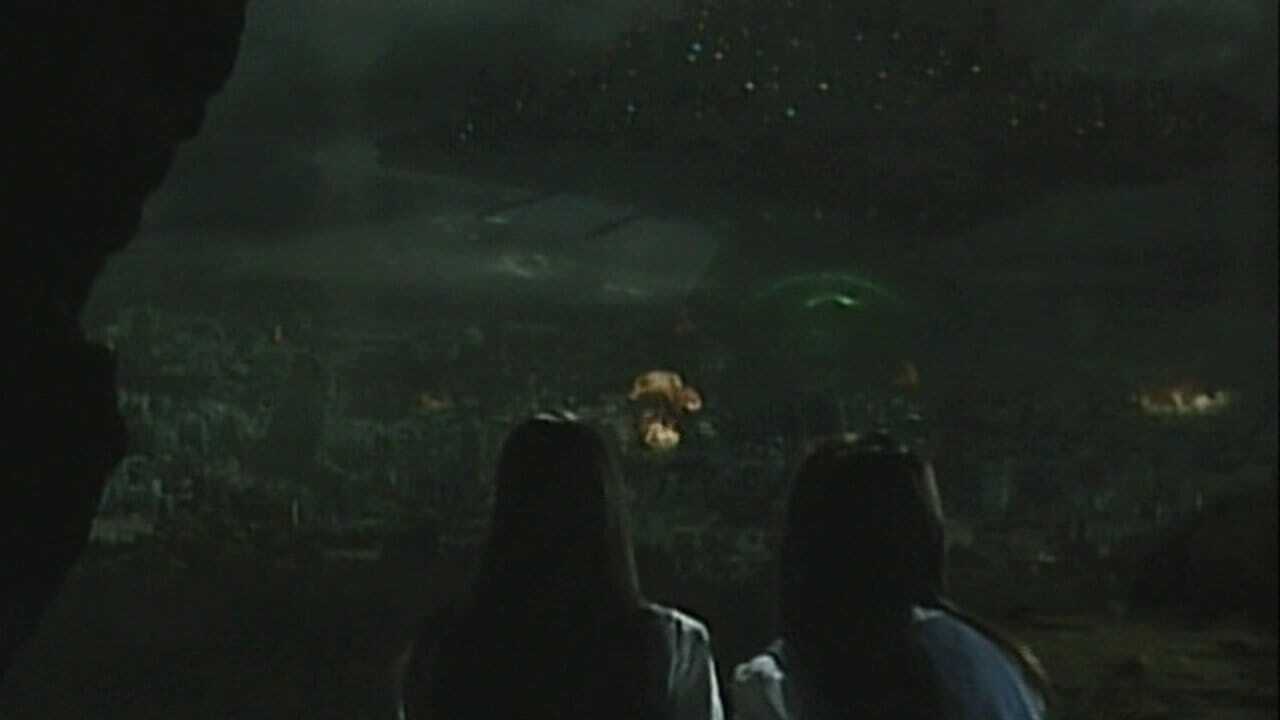Koreans are no strangers to protest. Underneath the thin veneer of idol culture, smart technology, and (now apparent) phenomenal pandemic-care, South Korea has juggled with a history rife with public discontent. Maybe this is more “Parasite” vibes; in 2016-17, for example, the Candlelight Demonstrations witnessed one of the largest protests in history. International media turned all eyes to Korea, as the uprising usurped the corrupt absurdities interwoven into Park Geun-hye's administration. The historic moment brought to light (no pun intended) a crucial part to Korea's contemporary democracy, the end-result of a long and hard road of protest.
Forty years ago, the death of a different political leader — Park Cheong-hee — eventually led to an earlier turning-point: the Gwangju Uprising of 1980 on May 18. This bloody revolt has carved a deep scar in lived memory. As politicians climbed to power and curators commemorated the city through Asia's oldest biennial, filmmakers following have processed and re-processed this traumatic (and contentious!) catalyst of the modern-era. We revisit classics like Jang Hoon's infamous “A Taxi Driver” (2007) to Kim Sang-woo's documentary investigation “Kim Gun” in 2018, surveying some of the best of what Korean cinema has to offer.
1. A Petal (Jun Sun-woo, 1996)
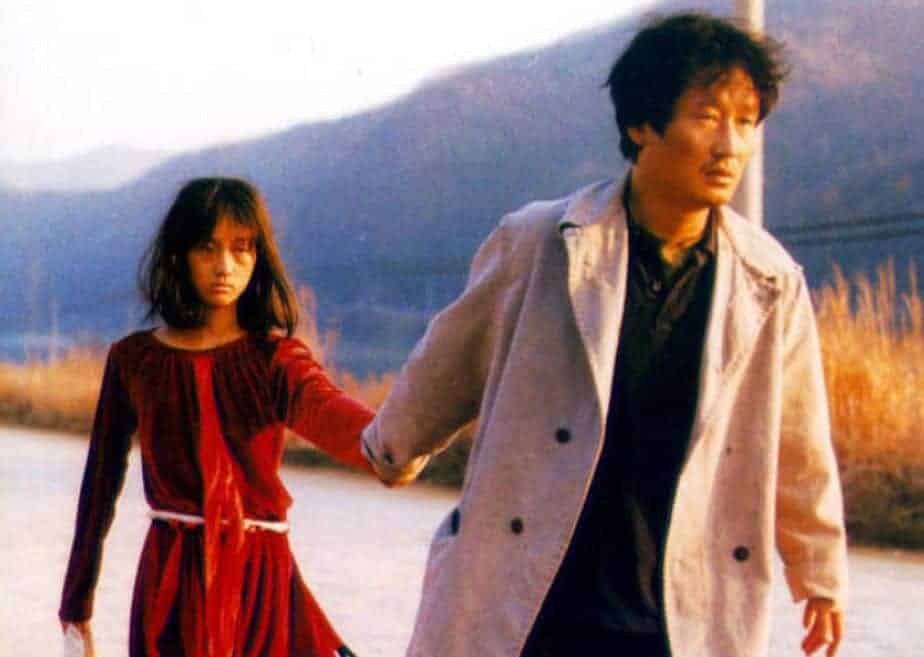
Apart from that, the film is quite difficult to watch, with many flashbacks and unusual editing, while the cinematography, at times, portrays the scenes between the two in grotesque realism, a notion heightened by the hideous interior of the house. However, this raw and realistic atmosphere was what Sung-woo was aiming at, in order to portray the events and those involved in them, and subsequently, to “dissolve the clotted emotional scars of Gwangju” as he has stated. This becomes rather obvious in the last scene, which offers the protagonists, and allegorically the director, the catharsis they seemed to have been searching for. (Panos Kotzathanasis)
2. 26 Years (Cho Geun-hyun, 2012)
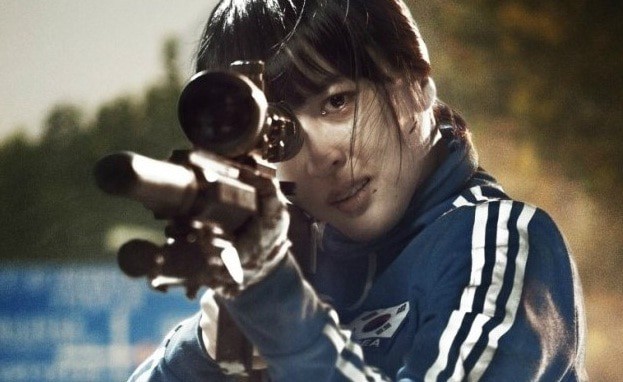
Where a fair few films have shown the harrowing events of the Gwangju Uprising and its psychological aftermath, “26 Years” focuses on the rage that still festers to this day within the survivors, civilians and ex-soldiers alike, particularly towards the (unnamed in this film) ex-President, who ordered the shooting of and violence against unarmed students and civilians. Having said that, it does also depict the events of the Massacre itself in a rather bloody yet beautifully animated sequence in the beginning of the film. The abuse of power shown by the man, even 26 years since, and the sheer disregard for the many lives he affected in those few days in May 1980, boggles the mind. (Rhythm Zaveri)
3. The Attorney (Yang Woo-seok, 2013)
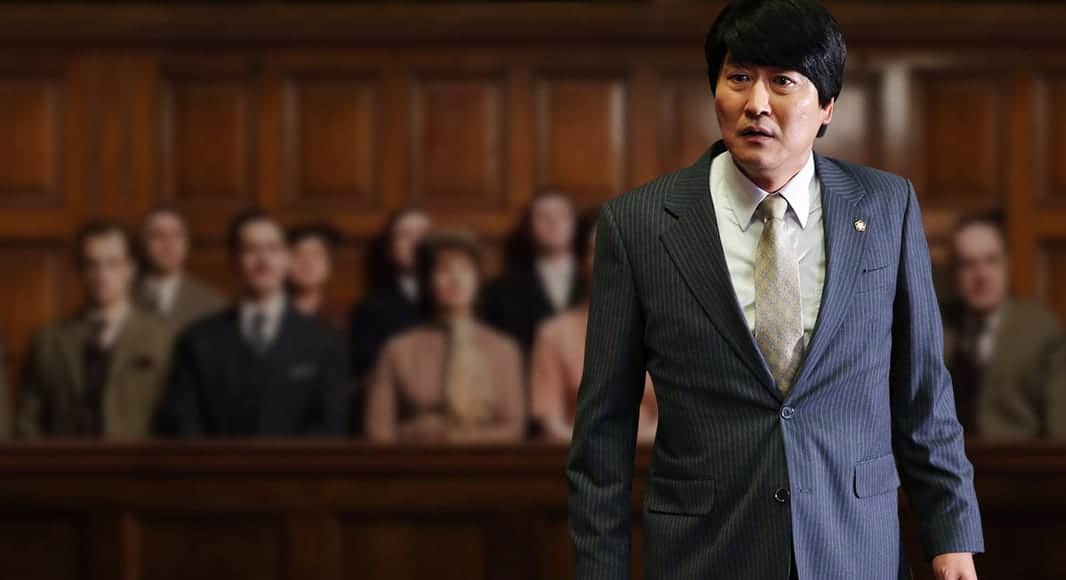
The Attorney” is based on the “Burim case” of 1981, when during the authoritarian Chun Doo-hwan regime, 22 students, teachers and office workers were arrested without warrants, as North Korean sympathizers. Roo Moo-hyun, then a tax lawyer, formed a team to defend the arrested against the government. The impact of this case was so big at the time, that Roh eventually entered politics and became president of South Korea. Drawing from this impact, and with Song Kang-ho in the leading role, the film was a huge success in the country and internationally, collecting awards and becoming the 8th best selling film of all time. (Panos Kotzathanasis)
Watch This Title
4. May 18 (Kim Ji-hoon, 2007)

Kim Ji-hoon directs, in essence, a melodrama with historic elements, including, though, many inaccuracies while his characters border on being cliched. On the other hand, the action scenes in the movie are exceptional, benefiting the most by Kim's direction of a plethora of actors (and extras) at the same time. Particularly the one where the army opens fire to the demonstrators is truly shocking (Panos Kotzathanasis)
Watch This Title
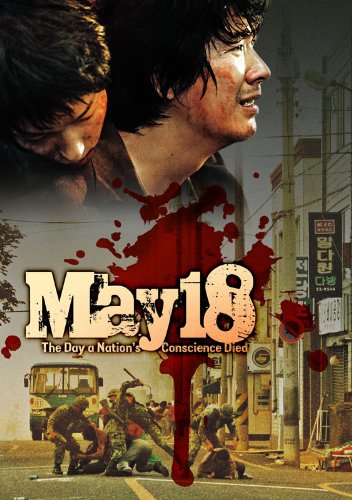
5. Excavator (Lee Ju-hyoung, 2017)
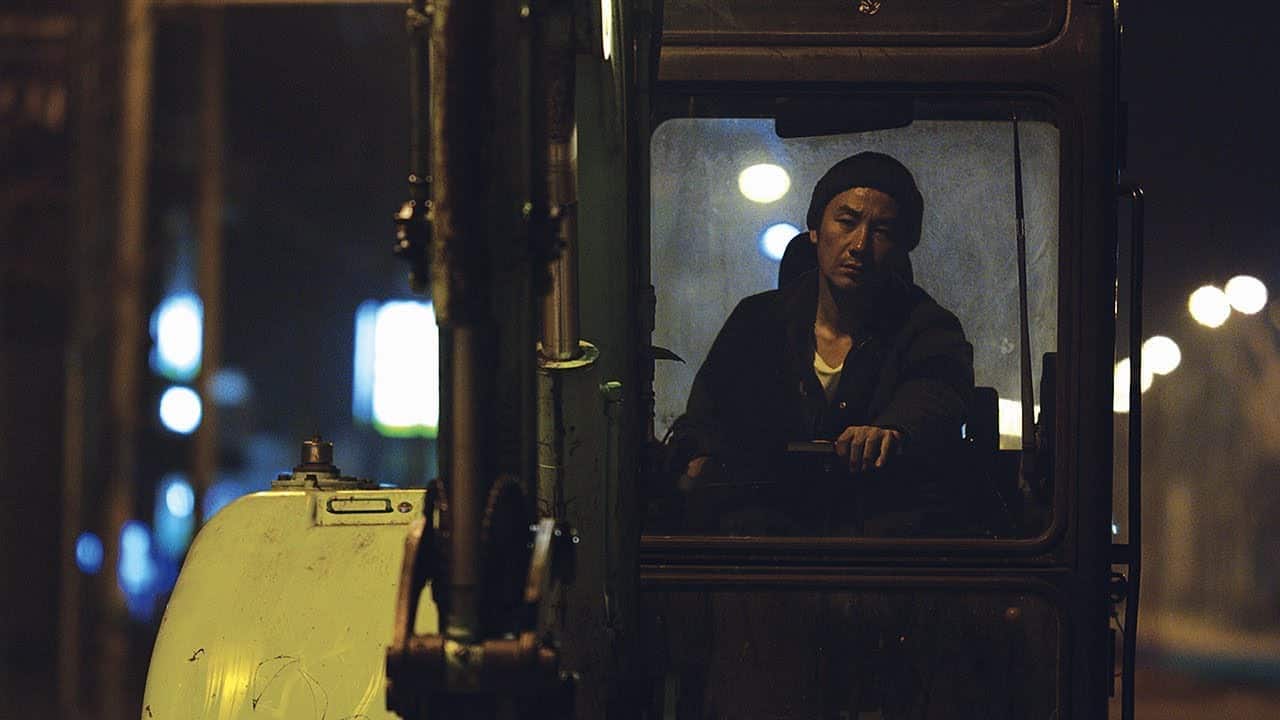
One of the very few films told from the viewpoint of the military employed to fight the protesters, this Kim Ki-duk written and produced effort asks the question of who ordered the mobilization of the troops and brutal suppression of the citizens and what happened to the hundreds of demonized soldiers who had no choice but to follow their leaders' commands. (Martin Lukanov)

6. Scout (Kim Hyun-seok, 2007)
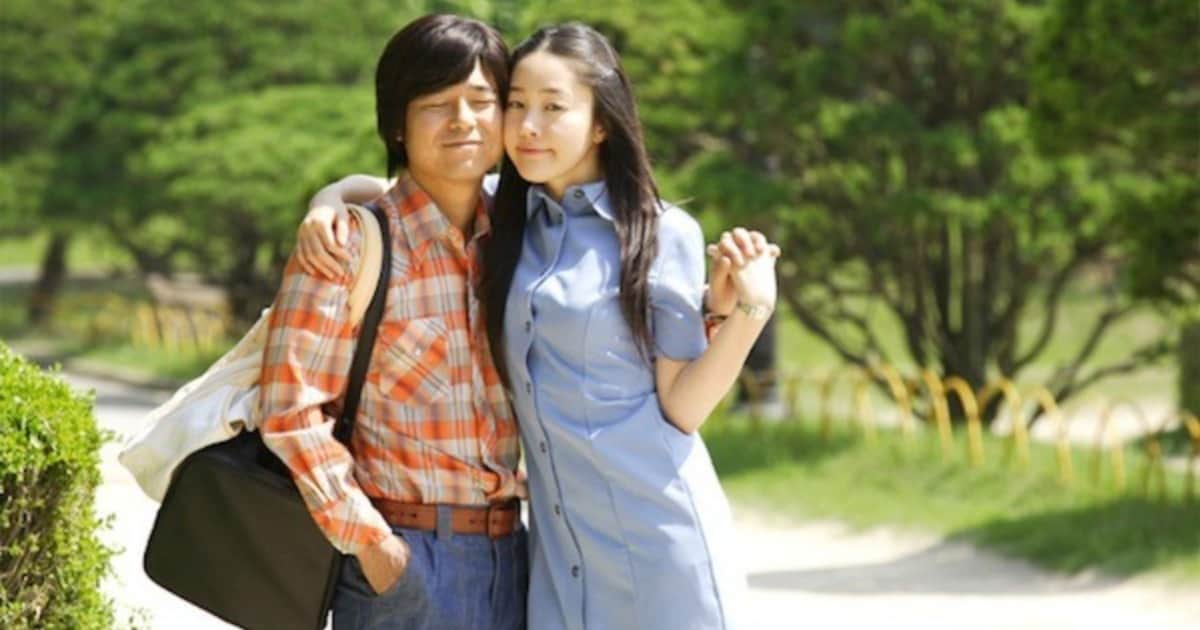
Ostensibly a lighthearted sports comedy, this underrated gem by Kim Hyun-seok gives a clearheaded portrait of the political and cultural climate of the Chun Doo-hwan's regime with its policy of screens, sex, and sports and a detailed depiction of the events of the Gwangju Massacre. (Martin Lukanov)
7. A Taxi Driver (Jang Hoon, 2017)
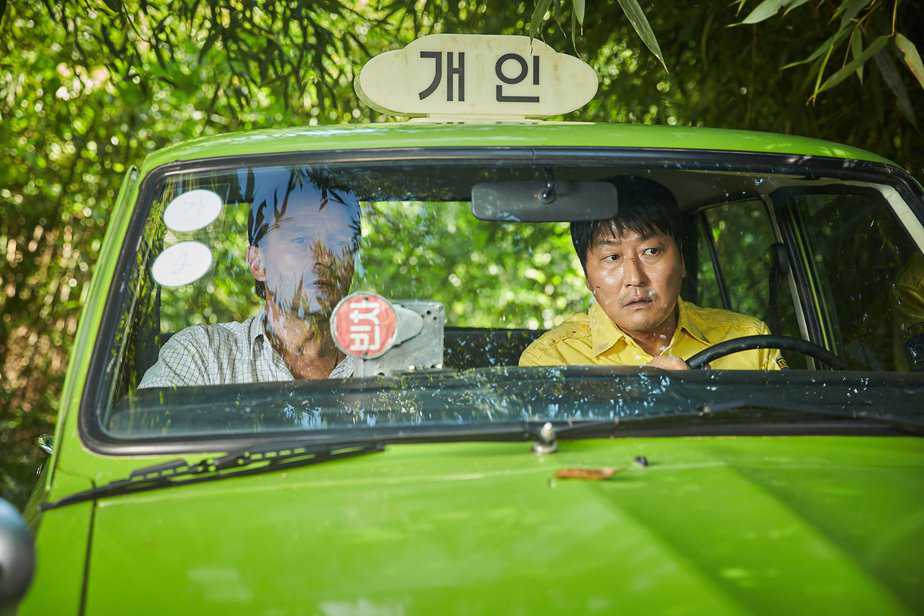
Jang Hoon takes a new approach to the subject, through a story that is split in two parts. The first one takes place in Seoul, and has a rather comedic style, as we witness the “adventures” of a poor devil trying to make ends meet, a style in which Song Kang-ho thrives. Some dramatic sequences are still present, through his relationship with his daughter, but are minor. The second part takes place after their arrival in Gwangju, with the film transforming into a rather pointy drama, which occasionally functions as an agonizing action thriller. The simply entertaining moments are not missing from here also, as in the scene in Tae-sool's house, but the drama is the one that dominates this part. (Panos Kotzathanasis)
Buy This Title
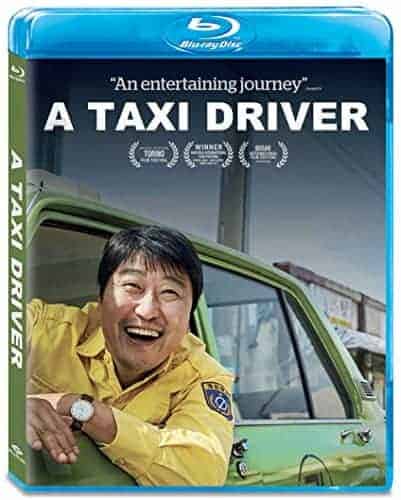
8. Peppermint Candy (Lee Chang-dong, 1999)

In the end, “Peppermint Candy” is a powerful drama, a visually stunning exploration of issues like fate, time and memory and how they shape our lives. With a brilliant leading performance by Sol Kyung-gu and a cleverly constructed script written by the director himself, “Peppermint Candy” remains a great entry into a body of work which has yet to be discovered by many cinephiles out there. (Rouven Linnarz)
Buy This Title

9. A Single Spark (Park Kwang-su, 1995)
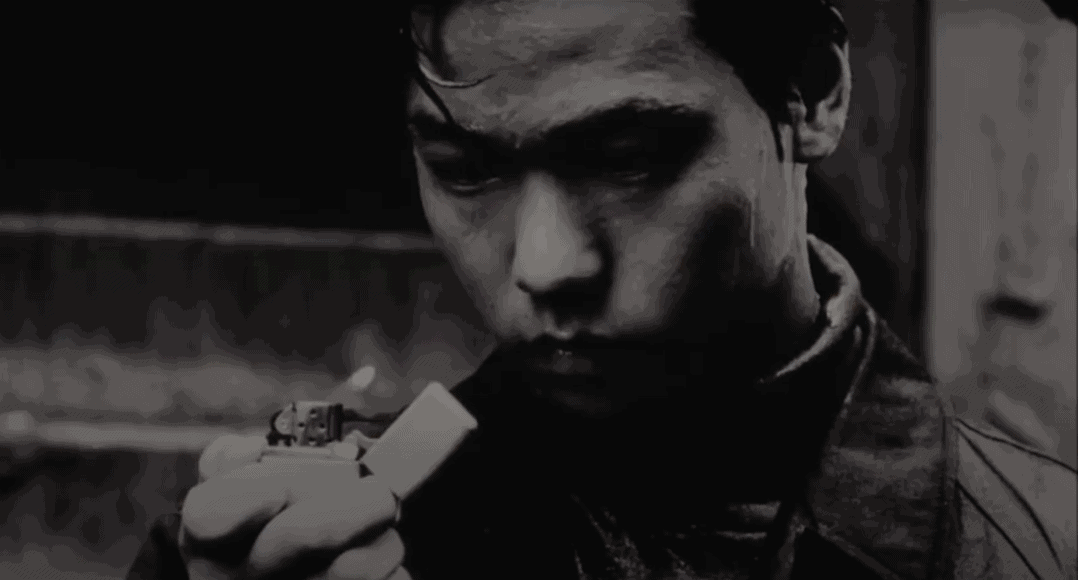
Delivering a message as timely during the time of its creation as it is now, when the security and future of the low-wage laborers in the country are still precarious, as seen by the recent tragedy in Icheon, the movie is a classic among movies about labor movements and a timeless lesson about the dangers of greed and the senseless economic progress. (Martin Lukanov)
10. Kim Gun (Kim Sang-woo, 2018)
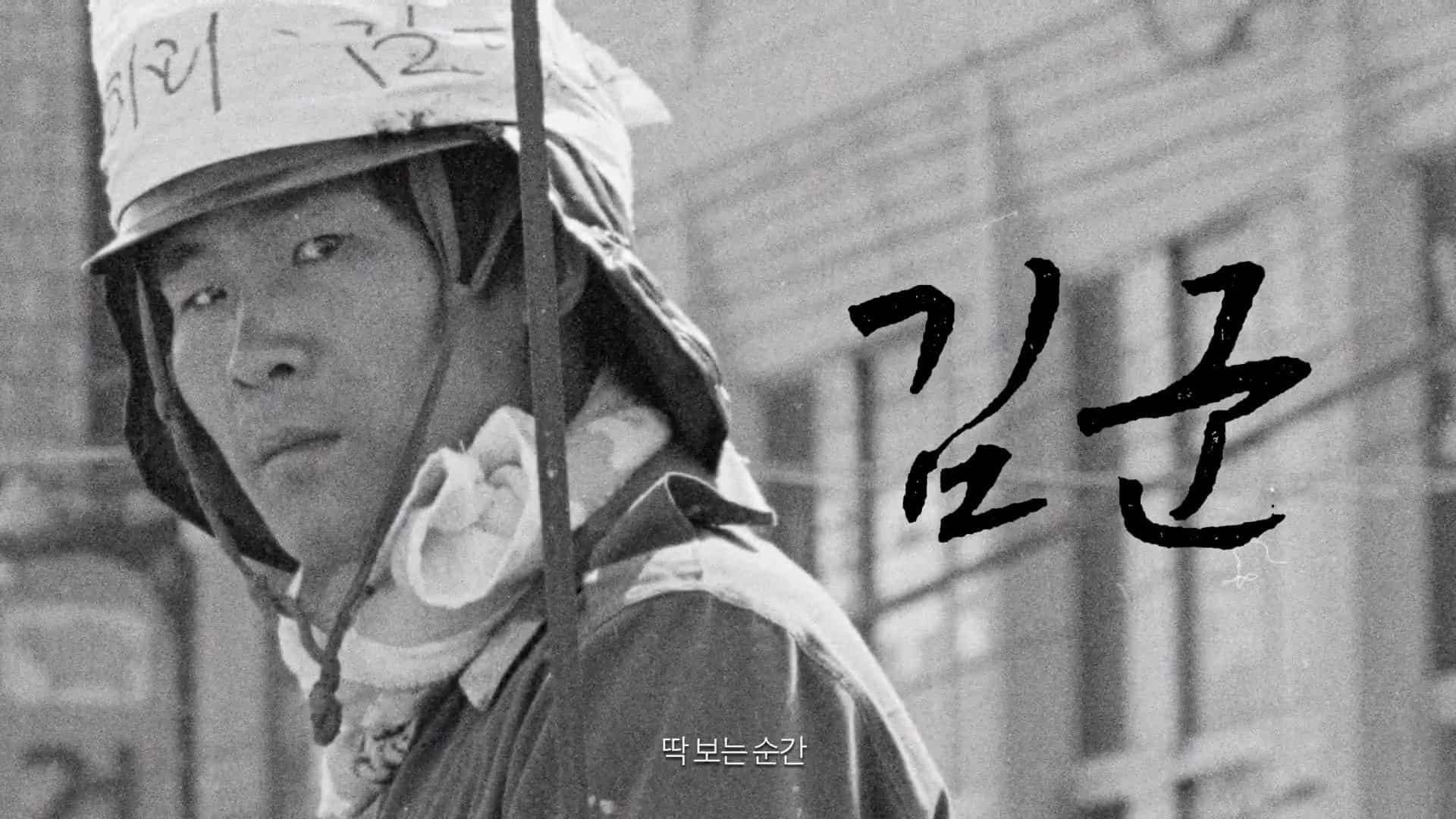
Starting from a picture of an unknown democracy activist claimed to be North Korean spy by the South Korean far-right, Kim Sang-woo's documentary debut tries to unearth who the young man of the photo is and what actually happened on that tragic day. Through a combination of long interviews, full of excruciating detail and archival footage, the movie gives one of the most in-depth depictions of the massacre. (Martin Lukanov)


